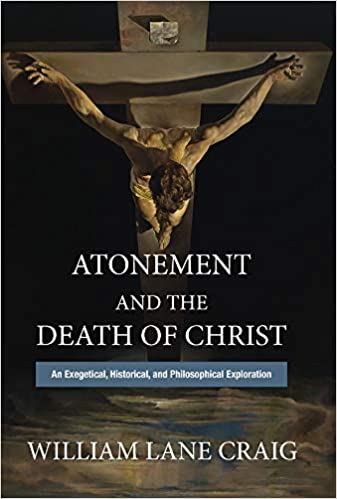Q. If in fact Christ’s death satisfies God’s justice issue in regard to our sins, completely satisfies it, why then do we need a legal pardon at all? If the demands of justice are met by Christ, then a pardon would seem to be completely unnecessary because the issue has been resolved. God no longer has anything against us, and we are no longer his enemies. We just need to be reconciled to God by grace through faith. Please explain why pardon or forgiveness is necessary if we are declared not guilty due to the death of Christ. Pardon is only necessary for those who are still actually guilty it would seem. It is interesting that apart from quoting Ps. 32 in Rom. 4 Paul rarely if ever talks about God’s forgiving or pardoning us. In fact, the usual discussion of forgiveness has to do with Christians forgiving each other (in Colossians and Philemon).
A. Oh, I think that we are still guilty, though Christ has died for us, until such payment is received by faith. Even Reformed theologians recognize the distinction between redemption accomplished and applied. Otherwise the elect would be born redeemed. Though Christ has discharged for us the demands of God’s justice, we still need to accept his payment on our behalf. Perhaps this is just a matter of God’s respecting our free will. In the American justice system a pardon cannot be forced upon a convicted criminal; rather the pardon must be accepted in order to be valid. There have been cases where a convicted criminal has preferred to refuse a pardon rather than to accept it, and the state cannot force it upon him. Similarly, God may not wish, pace our Reformed brethren, to redeem us apart from our consent. So if we refuse a divine pardon, we reject God’s mercy and remain under His justice (and you know where we stand there!)













